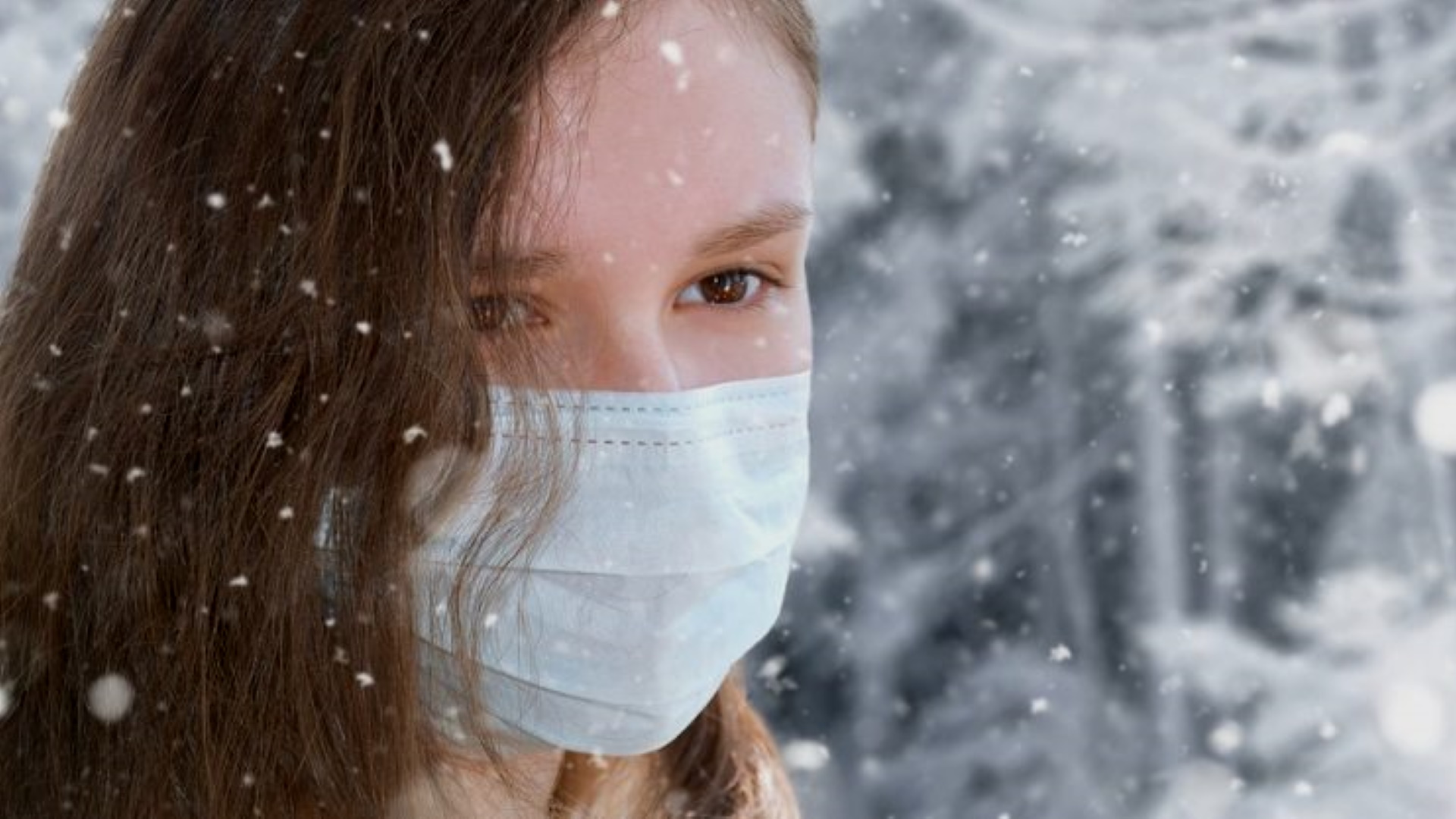
Study Finds 68% of Children Report Side Effects from Wearing Masks (Germany)
by Children’s Health Defense Europe
January 4, 2021
The results the first German study on children and teenagers wearing mouth and nose coverings reveal 68% complain of wearing a mask. Researchers at the university of Witten Herdecke had set up the first registry to report effects of wearing a mask in children. 363 doctors were invited to report their findings and ask parents and teachers to register side effects of masks. They were surprised by the elevated number of reports, as they found complaints affecting 25,930 children were entered in less than 6 days
Most common issues were
- Irritability (60%)
- Headaches (53%)
- Difficulties concentrating (50%)
- Sadness (49%)
- Reluctance to attend school (44%)
- Malaise (42%)
- Impaired learning (38%)
- Fatigue and drowsiness (37%)
Other physical symptoms included rashes and allergies around the mouth, syncope (20%)nausea (16, 6%), hyperventilation (12%) fainting spells (2,2%)
In addition 25% of the children had developed anxieties. Asked what they were thinking about the measures, 41% of the parents estimated they should be milder and 31,6% estimated they were inappropriate.
The investigation concludes that high frequency and type of symptoms reported ask for a broader investigation into specific risks for children and to reevaluate measures imposing mouth and nose covering for young people.
The “adults need to collectively reflect the circumstances under which they would be willing to take a residual risk upon themselves in favour of enabling children to have a higher quality of life without having to wear a mask”.
Read the full study here
https://www.researchsquare.com/article/rs-124394/v1

Truth Comes to Light highlights writers and video creators who ask the difficult questions while sharing their unique insights and visions.
Everything posted on this site is done in the spirit of conversation. Please do your own research and trust yourself when reading and giving consideration to anything that appears here or anywhere else.








